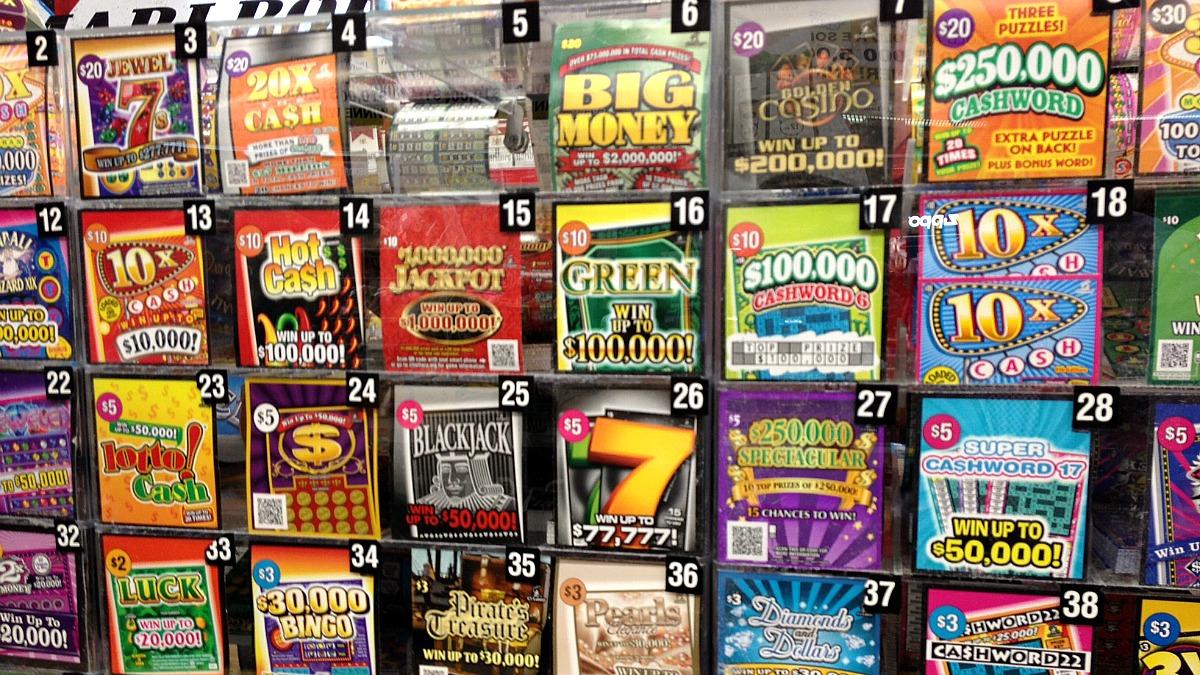In the realm of chance and fortune, few entities hold as much allure and mystique as the lottery. Across cultures and continents, the prospect of striking it rich with a simple ticket purchase captivates the imagination of millions. But beyond the surface of luck and happenstance lies a complex world of psychology, statistics, and societal impact. Let’s delve into the intricacies of the messipoker game, uncovering its layers beyond mere chance.
The Temptation of Luck
Lottery games are the epitome of randomness. Whether it’s choosing numbers at random or letting a machine generate them, every player stands on equal footing, facing the whims of fate. This inherent randomness is what makes lotteries so addictive and fascinating. The allure of turning a small investment into a life-altering windfall is an irresistible proposition for many.
The Psychology of Hope
Hope, perhaps more than anything else, drives the popularity of lottery games. Psychologically, the anticipation of a potential win triggers a dopamine release in the brain, akin to the thrill experienced in other forms of gambling. This dopamine rush keeps players coming back, even in the face of overwhelming odds. It’s the belief in the possibility of a better future that sustains the lottery industry.
Statistical Realities
Despite the dreams they sell, lotteries are notorious for their abysmal odds. The chances of hitting the jackpot are often infinitesimal, akin to being struck by lightning multiple times. Yet, paradoxically, this doesn’t deter millions from participating. In part, this can be attributed to what psychologists call “probability neglect” — the tendency to ignore statistical likelihoods when faced with emotionally compelling outcomes. People focus on the dream of winning, not the slim chances of it actually happening.
Societal Impact
Lotteries aren’t just games; they’re also significant contributors to government revenues. Many nations rely on lottery profits to fund various public initiatives, from education to infrastructure. However, critics argue that lotteries disproportionately target low-income individuals, effectively taxing those who can least afford it. Furthermore, the regressive nature of lottery participation exacerbates existing inequalities, as those with lower incomes spend a larger percentage of their earnings on tickets.
Beyond Jackpots
While the allure of multimillion-dollar jackpots dominates headlines, lottery games offer more than just grand prizes. Many feature secondary prizes and instant-win games, providing players with smaller but more frequent victories. Additionally, the social aspect of playing — whether it’s participating in office pools or discussing strategies with friends — adds another layer of enjoyment to the experience.
Responsible Gaming
In the midst of the excitement, it’s essential to promote responsible gaming practices. Lottery operators and regulators have a duty to safeguard players, particularly those vulnerable to addiction. This includes implementing age restrictions, offering support for problem gamblers, and promoting awareness of the realities of lottery odds.
